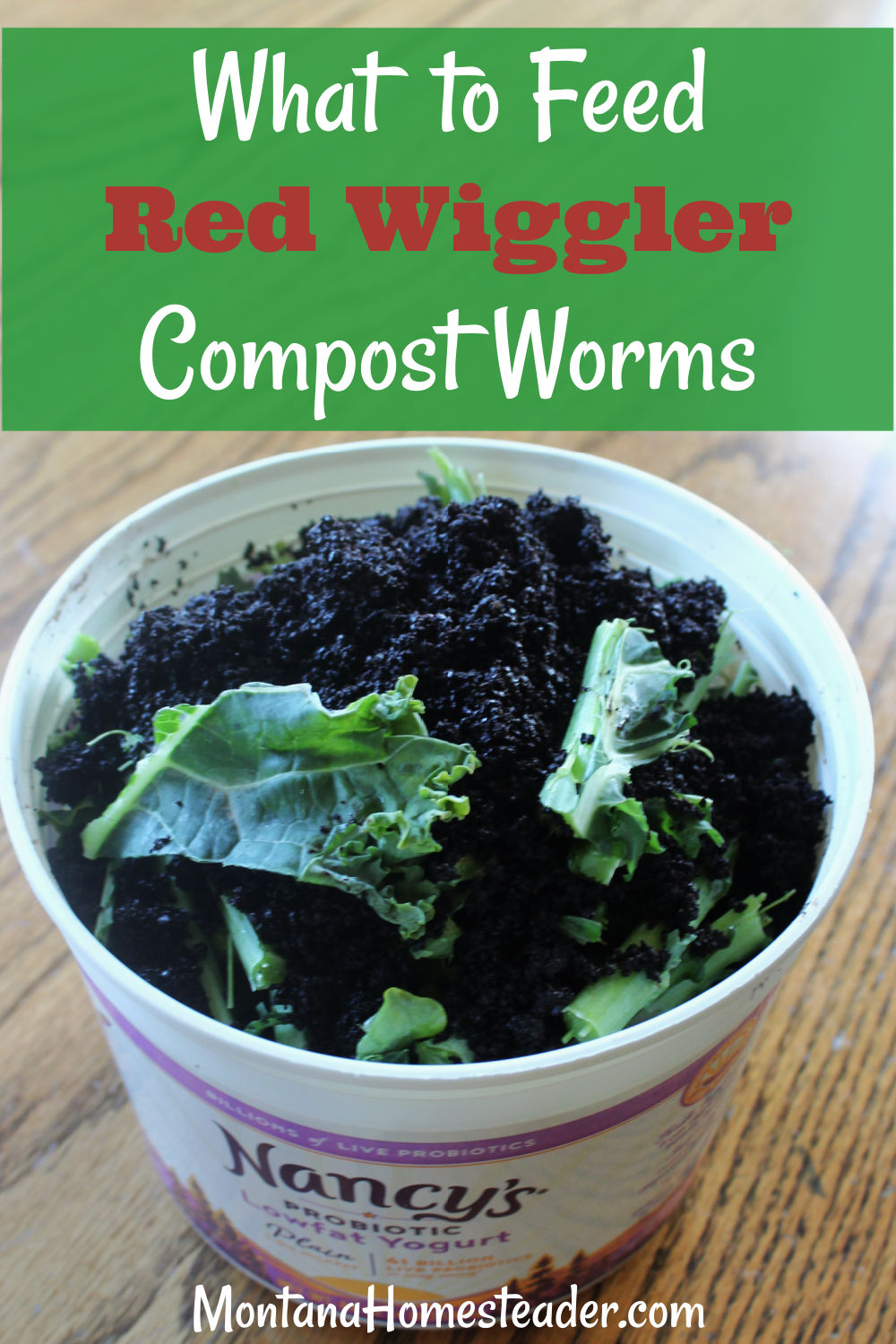Discover the Perks of Shopping at Red Wiggler Express for Angling Supplies
Discover the Perks of Shopping at Red Wiggler Express for Angling Supplies
Blog Article
The Unbelievable Globe of Red Wigglers: Increase Your Soil Fertility Today
These small yet effective microorganisms transform natural waste into beneficial worm castings, substantially improving soil wellness and promoting lasting techniques. As we explore the advantages of vermicomposting and the sensible steps to develop an effective worm bin, the prospective influence of these worms on your gardening success ends up being increasingly apparent.
Comprehending Red Wigglers
Red wigglers, medically referred to as Eisenia fetida, are a types of earthworm that play an important duty in enhancing soil fertility. These worms flourish in organic-rich atmospheres, such as compost heap and decaying plant material, where they take in natural waste and eliminate nutrient-dense spreadings. Their one-of-a-kind composition, featuring a fractional body and a clitellum, permits them to duplicate swiftly and efficiently process big quantities of natural issue.

The eco-friendly value of red wigglers extends beyond simple waste processing; they add to the dirt food web, promoting a varied area of microbes that further boost dirt health. Recognizing the biology and actions of red wigglers is essential for using their complete capacity in sustainable agriculture and gardening methods.
Benefits of Vermicomposting
(Red Wiggler Express)Utilizing the power of red wigglers via vermicomposting offers countless benefits that substantially enhance soil health and wellness and fertility. One of the key advantages is the manufacturing of nutrient-rich worm castings, which are an exceptional natural plant food. Red Wiggler Express. These castings consist of important nutrients like nitrogen, phosphorus, and potassium, advertising durable plant growth and boosting crop returns
Additionally, vermicomposting improves dirt framework and aeration. The visibility of worm spreadings improves soil structure, permitting for much better water retention and drainage. This balanced wetness degree is crucial for root advancement and the total health of plants. Moreover, red wigglers aid damage down raw material, accelerating disintegration and recycling nutrients back into the dirt.
Vermicomposting additionally cultivates microbial task, which is vital for a healthy soil environment. Beneficial microbes grow in the visibility of worm spreadings, assisting in the failure of natural products and boosting vitamins and mineral schedule to plants.
Finally, vermicomposting offers as an efficient waste management option, lowering garbage dump waste by recycling kitchen scraps and various other natural products. This not only contributes to environmental sustainability but additionally advertises a circular economy within gardening and agriculture.
Just How to Establish a Worm Container
Establishing a worm bin is an uncomplicated procedure that can dramatically boost your composting efforts. Begin by selecting an ideal container, which can vary from a commercially available worm bin to a straightforward plastic or wooden box (Red Wiggler Express). Ensure the container has ample ventilation; small holes in the cover and sides will facilitate air blood circulation
Next, develop a bed linen layer to supply a comfortable setting for the red wigglers. This can be made from shredded newspaper, cardboard, or coconut coir, dampened to a moist, sponge-like uniformity. Fill up the bin to around one-third full with this bedding product.
When the bed linen is prepared, it's time to introduce the worms. Red wigglers thrive in organic waste, so place them delicately onto the bed linen. Cover the worms with a light layer of additional bedding to assist them accommodate.
Feeding Your Red Wigglers
Supplying the ideal food for your red wigglers is crucial for their wellness and the efficiency of your composting system. Red wigglers prosper on a different diet plan, mostly being composed of organic products such as fruit and vegetable scraps, coffee premises, and shredded paper. These materials not only provide important nutrients yet additionally add to the microbial activity in the worm bin, which is important for the worms' food Source digestion.
It is essential to prevent specific foods, such as dairy products, oils, and meats, as these can bring in insects and produce undesirable odors. In addition, citrus peels and excessively zesty foods should be limited because of their possible to damage the worms. A balanced approach to feeding involves checking the amount of food presented to the container, ensuring that it is eaten within an affordable amount of time to stop excess waste build-up.
To promote optimal digestion, it is valuable to cut or shred larger food things prior to including them to the bin. This method increases the surface for microbial action, assisting in quicker decay and improving the total effectiveness of your composting system. Consistently observing the worms' feeding habits will assist you readjust their diet plan as necessary.
Making Use Of Worm Spreadings in Your Garden

(Red Wiggler Express)Incorporating worm spreadings right into your garden can be achieved by blending them into the dirt or using them as a leading clothing. The slow-release nature of these castings makes certain that nutrients are available to plants over an extended duration, minimizing the need for synthetic plant foods. Furthermore, worm spreadings consist of beneficial microbes that promote healthy dirt communities, improving the general resilience of your yard.
To optimize the advantages, purpose to use roughly one component worm spreadings to three components soil in your planting beds. Regular applications can cause enhanced plant returns and healthier plants, making worm castings an invaluable resource for both beginner and experienced garden enthusiasts alike. By utilizing this all-natural change, you can cultivate a flourishing garden while adding to lasting horticulture methods.
Final Thought
In verdict, red wigglers exemplify the important function of vermicomposting in improving soil fertility. Their capacity to convert natural waste right into nutrient-rich castings dramatically improves soil framework and supports microbial diversity.
Report this page